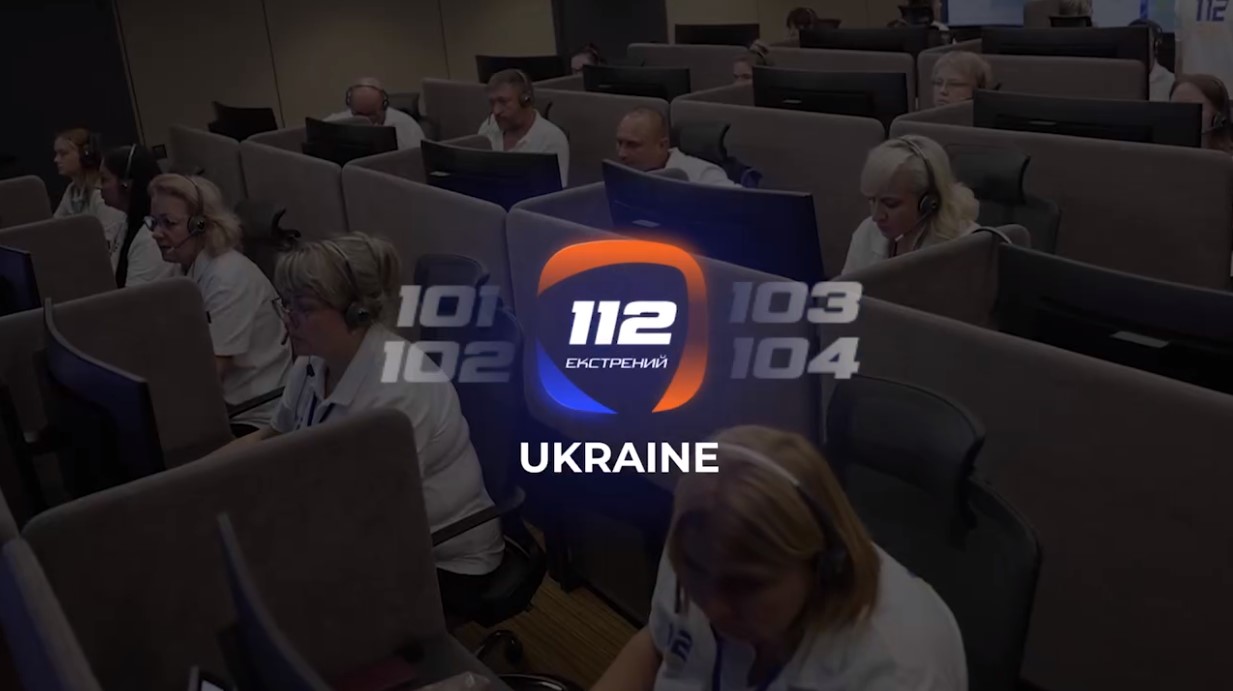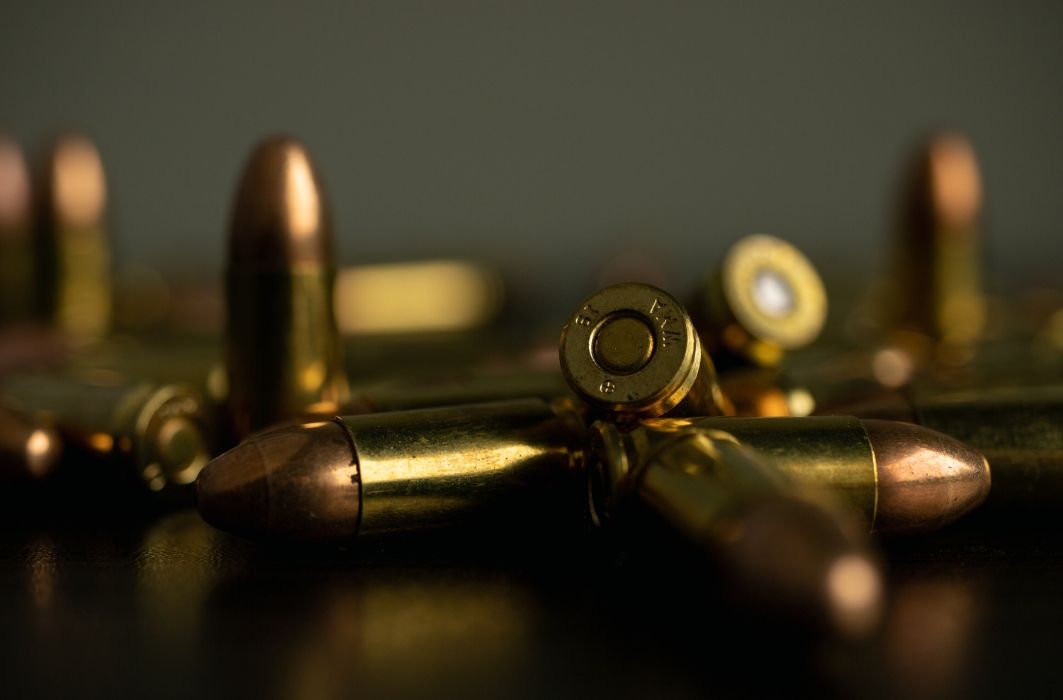Since the beginning of the full-scale war, thanks to the expert service of the Ministry of Internal Affairs, over 8,500 bodies of victims of Russian aggression against Ukraine have been identified.
This was reported in a Telegram post by the Commissioner for Missing Persons under Special Circumstances, Artur Dobroserdov, commenting on the work of the State Scientific Research Expert-Criminalistic Center of the Ministry of Internal Affairs of Ukraine in the field of molecular-genetic expertise during the war.
"Since the full-scale invasion, thanks to the expert service of the Ministry of Internal Affairs, over 8,500 bodies (remains) of individuals who became victims of Russian aggression and could not be identified by any other method have been identified," he wrote.
He noted that the State Scientific Research Expert-Criminalistic Center of the Ministry of Internal Affairs of Ukraine (DNDEKTS) uses advanced molecular-genetic methods to establish identity and family connections.
Dobroserdov emphasized that thanks to modern technologies and the professionalism of the staff, the expert service of the Ministry of Internal Affairs contributes to investigating the disappearances of citizens during combat actions and in occupied territories.
He reminded that in November 2023, the "Electronic Register of Human Genomic Information" (ERGH) started operating, as stipulated by the law on "State Registration of Human Genomic Information." The Ministry of Internal Affairs of Ukraine was designated as the holder of this register, and the DNDEKTS of the Ministry of Internal Affairs as the administrator.
The Commissioner explained that by entering DNA profiles of relatives of missing persons and DNA profiles of unidentified bodies into ERGH, daily searches for matches are conducted, allowing for the identification of the deceased, establishing family connections, and providing corresponding information to investigators for procedural actions and informing relatives.
According to him, from 2022 to 2024, the number of expert proceedings and studied objects continuously increased.
"In 2024, more than 74,000 expert proceedings were carried out, and more than 151,000 objects were examined," he wrote.
According to Dobroserdov, at the beginning of 2022, there were 9 full-profile DNA laboratories in Ukraine, and the number of experts was 159. By the end of 2024, the number of these full-profile laboratories increased to 17, and the number of experts grew to 349, showing a significant expansion of human resources.
Dobroserdov stated that work in the direction of searching and training relevant personnel continues, which will further strengthen the capabilities of the expert service.
In his opinion, the results of the work of the DNDEKTS of the Ministry of Internal Affairs of Ukraine show the effectiveness and significance of their activities during this challenging time for the country.
The Commissioner and the Secretariat staff expressed gratitude to the employees of the DNDEKTS for their daily responsible, meticulous, and professional work.
Dobroserdov also informed that in 2025, the opening of new full-profile DNA laboratories is planned.





















